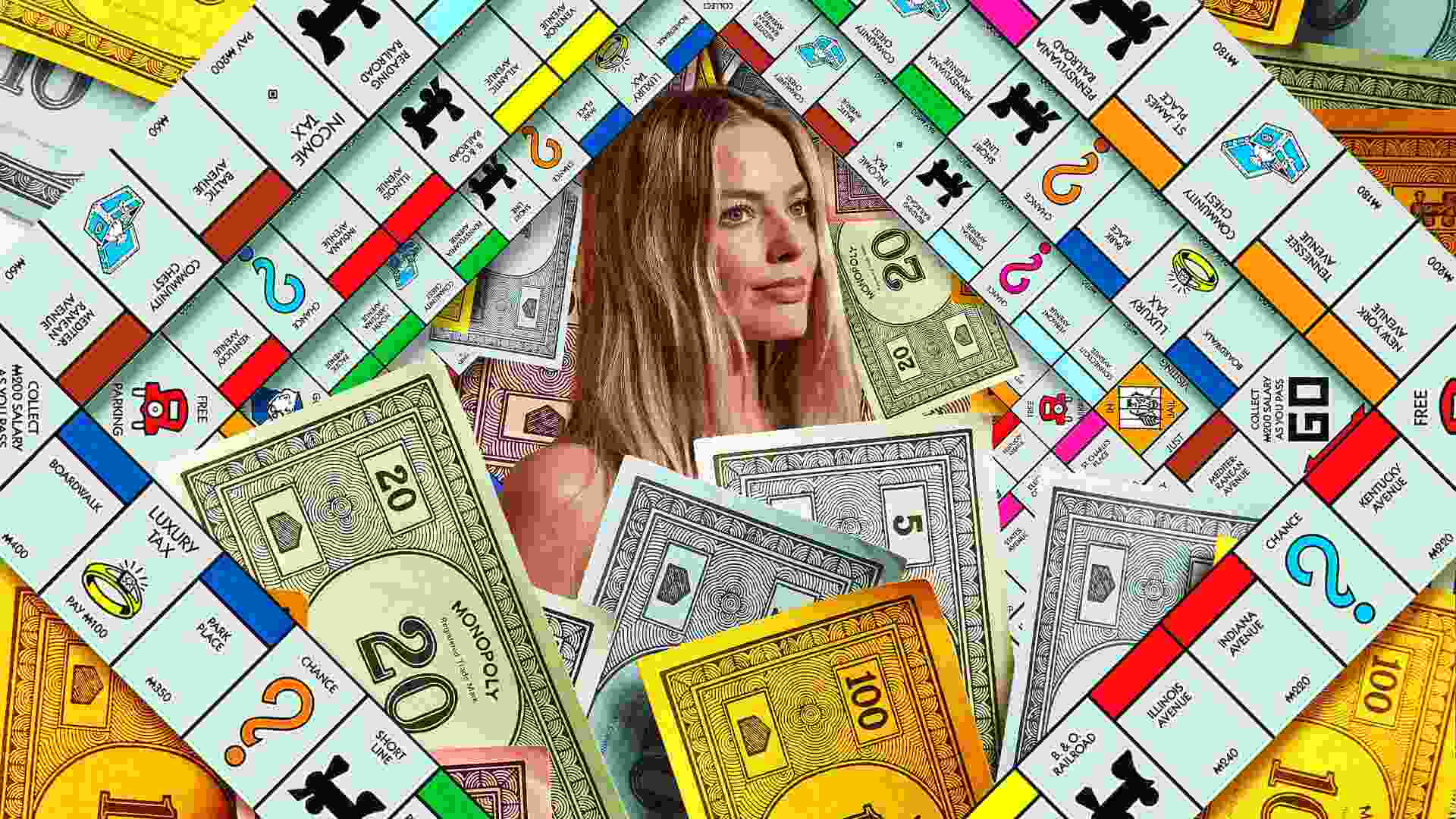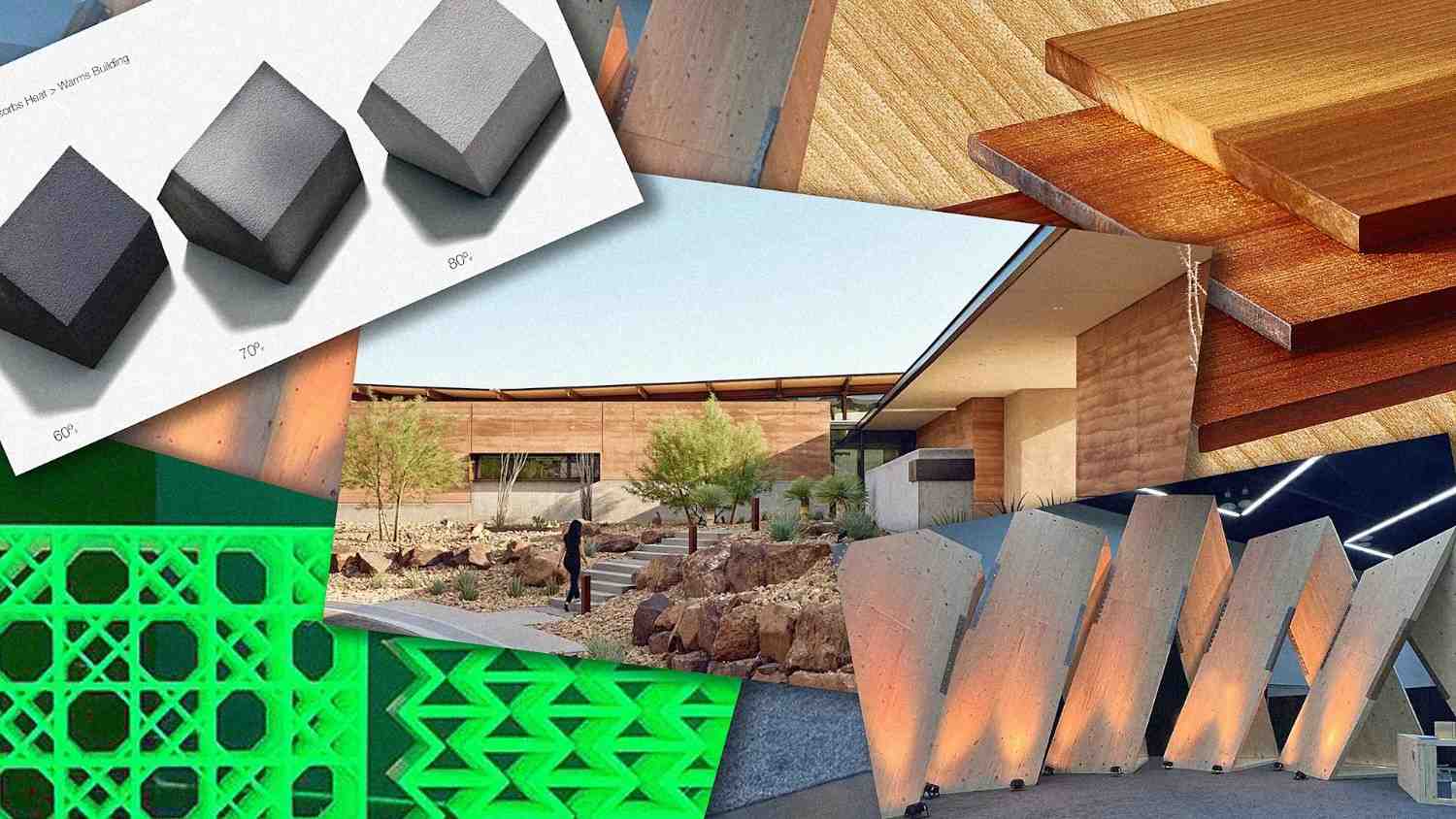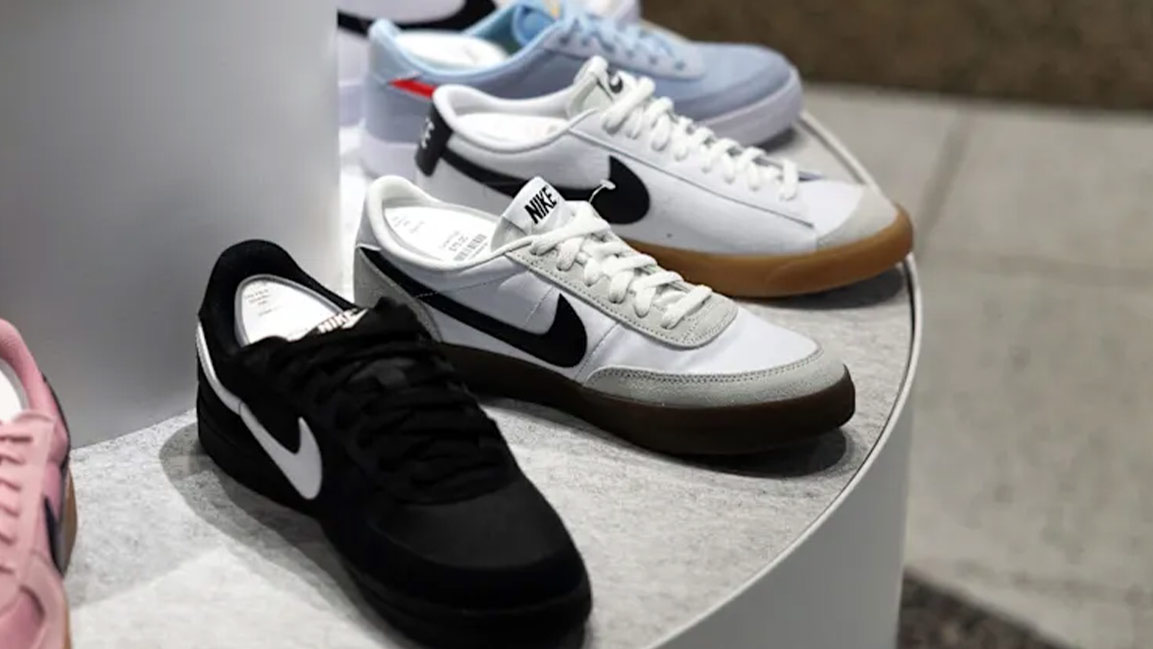- | 8:00 am
Why every beloved toy—from Monopoly to He-Man—is going to be a movie now
In a post-‘Barbie’ world, Hollywood is on a kick to create something fresh from the nostalgically familiar.

For years, Hollywood has bet that moviegoers really want the same old thing—sequels, reboots, Marvel and other franchises, and so on. But in the wake of Barbie’s $1.4 billion box office triumph, studios seem to be betting that moviegoers are ready for some new old things: movies based on familiar toys and games.
By one count, Barbie-maker Mattel alone has over a dozen film projects in various stages of development, based on toys and games from Hot Wheels to Uno to Barney to the American Girl dolls line. And LuckyChap, the production company of actor/producer Margot Robbie, a driving force behind the Barbie movie, has recently announced a project based on The Sims (an Electronic Arts property), and another based on the board game Monopoly (owned by Hasbro).
Movies mined from the intellectual property associated with toys or games aren’t brand-new: The Super Mario Bros. Movie was another of 2023’s top-grossing films (albeit a little lighter on critical acclaim than Barbie), and earlier successes include The Lego Movie and the Transformers franchise. But even before its release, Barbie looked like a game changer (so to speak), and that only became more undeniable when the movie morphed into a pop culture phenomenon.
Partly this is about finding new sources of familiar I.P. to exploit. That means striking a balance between entertainment values and brand value, a potentially thorny undertaking that the Barbie example seems to have convinced many is worth the trouble. “In the world we’re living in, I.P. is king. Pre-awareness is so important,” one movie executive told The New Yorker for a deep dive into the Barbie backstory, timed to the film’s release last summer (and describing, among other things, director Greta Gerwig’s experience with Mattel’s “brand immersion” process). So it makes sense that, in a reversal of the familiar path of creating games and toys based on movies, Hollywood is suddenly finding all sorts of potential in the toy box itself.
After all, there is certainly a lot of stuff in the toy box: In addition to Monopoly and the examples above, there are projects, confirmed or rumored, involving He-Man (whose wider array of Masters of the Universe co-characters are touted as having Marvel-esque potential) to Polly Pocket (with Lena Dunham as writer/director) to the View-Master toy (your guess is as good as mine).
But this is all actually a lot trickier than it sounds. The Monopoly deal, for example, is a sequel of sorts: an earlier iteration of the project announced over a decade ago was supposed to be directed by Ridley Scott. But the very concept of a Monopoly movie was, at the time, roundly mocked, and essentially abandoned in the attic. Around the same time, a movie based on the game Battleship was actually produced—it involved ships, battling . . . and aliens?—and swiftly sank.
Barbie, by contrast, was praised in part for its sheer originality—at a time when such films as Oppenheimer and Poor Things and the various idiosyncratic productions of A24 have had an outsize impact precisely because they’re so different. And this certainly seems like a good time to try to offer movie fans something fresh: Almost all the 20 expected top-grossing films of 2024 are sequels or tied to TV or theater productions.
What Barbie did was offer a concrete example of tying something fresh to something familiar: Barbie and Ken (like a family in The Sims, or a real-estate-focused board game) may not have a fixed narrative, but they do have a cultural resonance that’s not quite the same as starting from scratch. (This, essentially, is why Gerwig and Noah Baumbach’s Oscar-nominated screenplay was categorized by the Academy as an adaptation.)
But can that be repeated? We’ll certainly find out. The oldest plot in Hollywood is to take note of what just succeeded and try to follow suit. And no matter how many times that story is rebooted, nobody ever knows how it will turn out.







































